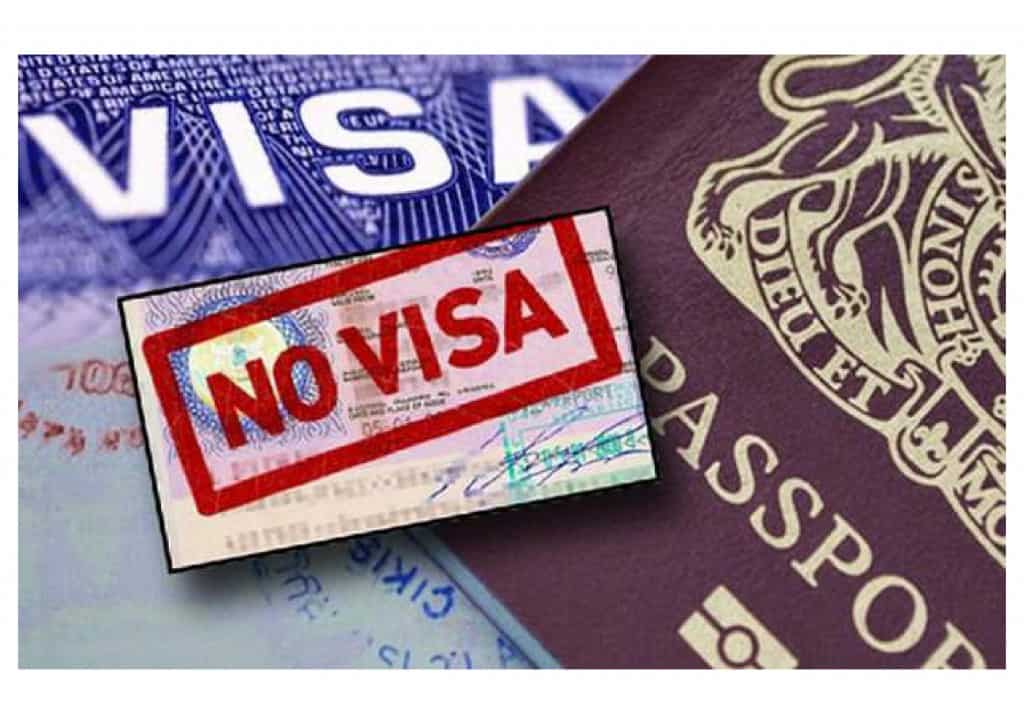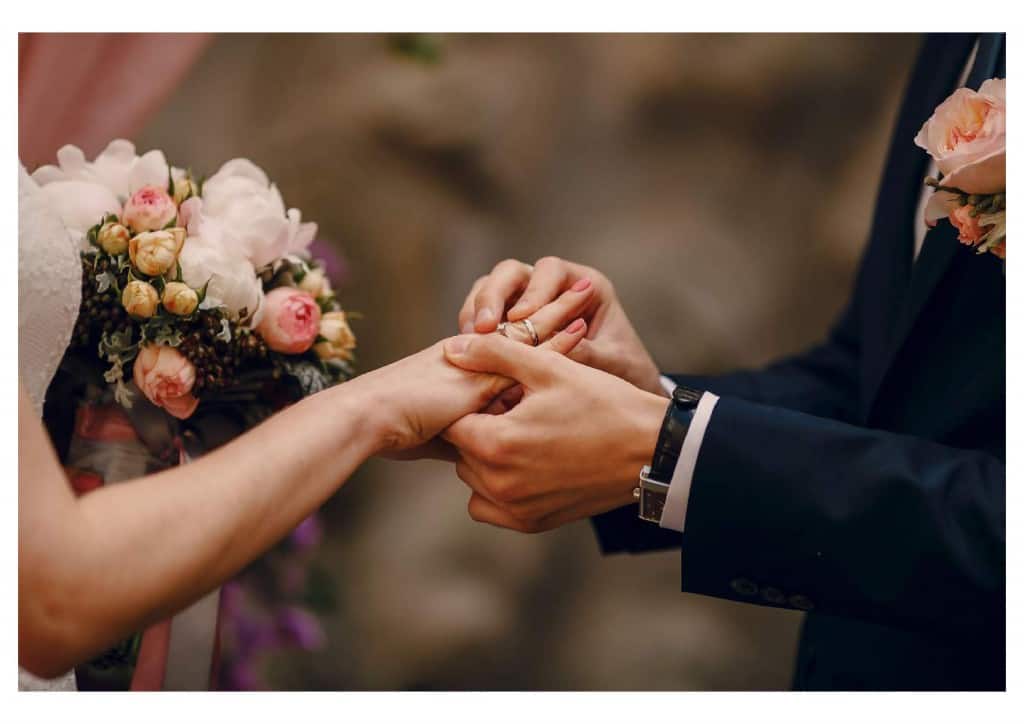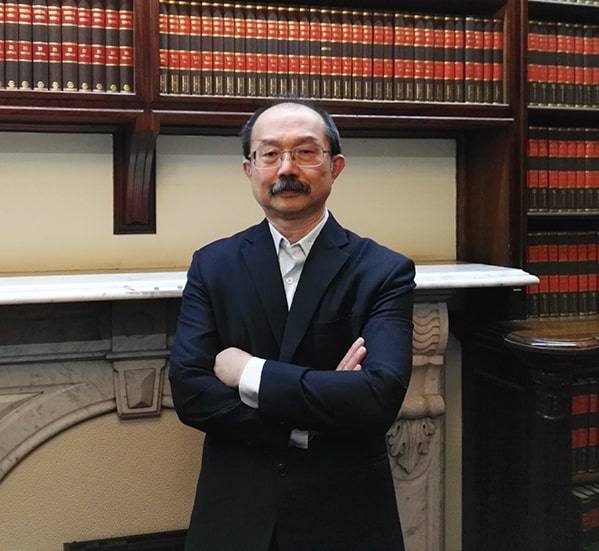
People living in Australia without a visa is known as unlawful non-citizen & No visa: What visas can they apply?
Unlawful non-citizen & No Visa people can only apply for a limited number of visas because they are barred by section 48 of the Migration Act 1958 (click here to learn more).
Generally, people become an unlawful non-citizen after their visa application was refused or visa cancelled, or visa ceased or expired. In short, unlawful non-citizen & no visa person is a person who is in Australia without a visa or who is not an Australian citizen. An unlawful non-citizen, if caught, will be detained in an immigration detention pending removal or deportation (click here to learn more about getting out of immigration detention center or click here to learn more about bridging visas).
Unlawful non-citizen or people with no visa or who do not hold a substantive visa can only for a limited number of visas. A substantive visa is any visa that is not a bridging visa or a criminal justice visa.
Unlawful non-citizen can only apply for:
- Special Eligibility (residence) visa; or
- Child (residence) visa (click here to learn about Subclass 101 and Subclass 802);
- Partner (Temporary) visa (click here to learn about Subclass 820) – however, your last visa refused cannot be this visa;
- Partner (Residence) visa (click here to learn about Subclass 100 and Subclass 801) – however, your last visa refused cannot be this visa;
- Protection visa (click here to learn more about PV Subclass 866) – must not have applied and refused a Protection visa before, unless Minister use his public interest discretion to approve;
- Medical treatment visa (click here to learn more about Subclass 602) – over 50 and was last refused because of health grounds;
- Territorial asylum (Residence) visa (click here to learn about Subclass 800);
- Border (Temporary) visa (click here to learn more about Subclass 773) – can only be applied in immigration clearance;
- Special category (Temporary) visa (click here to learn more about Subclass 444);
- Bridging Visa A;
- Bridging Visa B;
- Bridging Visa C;
- Bridging Visa D;
- Bridging Visa E
If you have a visa application was refused or your visa cancelled on character grounds, you will be prevented from applying for any further visa other than a Protection Subclass 866 visa.
If you were granted entry into Australia on a Criminal Justice Entry visa and that visa was cancelled, you can only apply for a Protection Subclass 866 visa.

Applying for a Partner visa
If you are an unlawful non-citizen & no visa, section 48 bar does not apply to you if you are applying for a Partner visa. However, you will be required to satisfy Schedule 3 or have compelling reasons for the Department of Immigration (Department of Home Affairs) to allow you to remain in Australia while your Partner visa is being processed. Schedule 3 is a requirement for people who do not make a visa application within 28 days before their last substantive visa expired.
In order to satisfy the Schedule 3 requirement, you must demonstrate you have compelling reasons. However, compelling reasons are not defined but the reasons must be so forceful that it will move the decision maker to accept your Partner visa application.
If the Department of Immigration refused your Partner visa application because your reasons are not considered to be compelling and could not satisfy Schedule 3, can you apply for the Minister to intervene?
In the case of Singh v Minister for Home Affairs [2019] FCAFC 3 (click here to read the full case), Singh came to Australia in August 2008 to study. After completing his studies, he applied for a Temporary Graduate Class VC Subclass 485 visa (click here to learn more) in April 2013. In March 2013, he applied for a Class VC Subclass 457 visa but was refused. He applied to the MRT (AAT) but the decision to refuse him a Subclass 457 was affirmed. Singh then applied to FCC (Federal Circuit Court) but his appeal application was dismissed in March 2015. He then unsuccessfully applied to the Minister to intervene. In November 2015 he married his partner whom he has met in April 2015. In December 2015 Singh applied for a Partner visa but was refused because he was not able to provide compelling reasons to satisfy Schedule 3.
What is considered to be compelling reason to satisfy Schedule 3?
Singh claimed that his wife has a number medical problems, including anxiety, diabetes, depression, inability to sleep and others. He claimed that he has to take care of his wife and provide her with financial support as his wife has stopped receiving Centrelink benefits. He also claimed that the healthcare system in his home country was not good and expensive, and her doctor recommended that she should remain in Australia for medical treatment. The Department of Immigration did not consider these reasons to be compelling, he did not satisfied Schedule 3.
In December 2016, Singh applied to the AAT (Administrative Appeals Tribunal) for a merits review of the Department of Immigration’s decision to refuse his Partner visa application. He provided the AAT with more than 200 pages of document to support his case. However, the AAT said that his wife has previously travelled overseas by herself, attended doctor’s appointments on her own and took her medication on her own. Singh did not provide any evidence that his wife could not attend her appointments without him, or she has mobility problem requiring his assistance.
Singh then applied to the FCC appealing the AAT decision. The Court dismissed his appeal because the AAT did consider his wife’s condition.
Tip for unlawful non-citizens wanting to make visa application
Often it is easier to leave Australia to lodge your visa application. Once you departed Australia you will no longer be barred by section 48 from lodging a visa application.
If you are detained in an immigration detention centre you may be able to apply for a Bridging Visa E so that you may be released back to the community. However, the Department of Immigration may refuse to grant you a Bridging Visa E if you have criminal record. You can apply to the AAT within 2 days of receiving the refusal decision (click here to learn more).
You may also request the Minister to intervene and grant you a visa (click here to learn more).
Click here to learn how to prevent deportation.
Australian migration law is complex and difficult to understand, contact our immigration lawyer for a consultation (fee applies) if you are an unlawful non-citizen or you are living in Australia without a visa or your visa has expired, or your visa has been cancelled. You may also refer to our FAQs for answers regarding visa application or visa cancellation by clicking here.

 041 222 4020 or WeChat: AUDvisa
041 222 4020 or WeChat: AUDvisa
This article is not intended to be or taken as migration legal advice. The author of this article disclaims any liability for any action or omission on the information provided or not provided in this article. You should always consult an immigration lawyer or a registered migration agent to form an informed opinion on your immigration matter.



